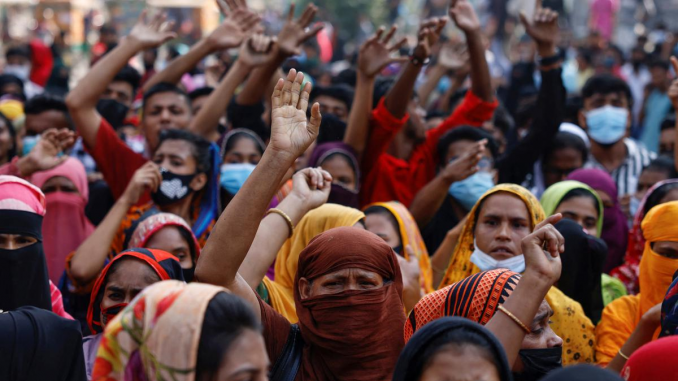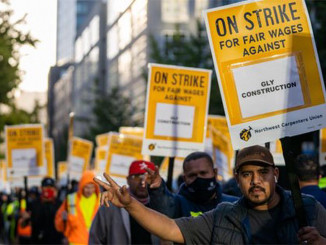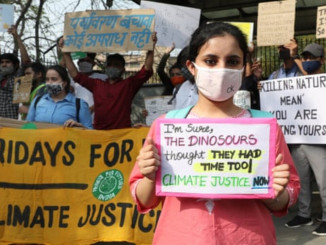
On October 31, approximately four million textile workers in and around Dhaka, Bangladesh, began what they called a boycott of the garment producers and their factories, and have since then been effectively on strike against the multibillion-dollar industry.
The strikes started with the demand for better wages. The workers, the majority of them women, earned only about the equivalent of $75 per month. Those wages remained the same through the pandemic, and now through the past two years of global inflation. In the months leading up to the strike, the workers and their unions were demanding pay of $209 per month. Instead, the factory owners, collectively represented by the Bangladesh Garment Manufacturers and Export Association (BGMEA), offered the workers a 25% increase, which would have raised the average wage to just over $90 per month. Insulted by the paltry offer, the workers began their boycott.
Although it is unclear how many workers originally went on strike, or whether most of them are actually on strike now, what is clear is that the strikers are not backing down, and that their boycott has grown. After one week of the strike, the Bangladesh wage board mandated a 56% across-the-board pay increase, which would have brought average pay to about $113 per month. The workers and their unions rejected the offer. They are sticking to their demand of $209 per month.
As of this writing, at least 130 factories had been shut down by the strikers themselves, while another 78 had “suspended operation” because of the lack of workers. These 200-plus factories alone employ more than one million workers, showing the tremendous scale of this worker action.
Since then, the mass boycott has become intertwined with other mass protests demanding that unpopular Prime Minister Sheikh Hasina resign in order to ensure that upcoming elections will be managed fairly. The Prime Minister has targeted their unions with threats and repression, and thousands of workers and opposition activists have been arrested.
Although it is unclear what is to come, and how this struggle will end, it seems that the workers – four million of them – are unwilling to bend. One of them, a 28-year-old woman named Naima Islam, put their determination into words. “We are not asking for much,” she said. “This entire industry is built off our backs – the least we deserve is the bare minimum to survive.”
She’s right. The industry is built on their backs, and what they are demanding is the least they deserve. In fact, they deserve much, much more.
We stand with the workers of Bangladesh in this struggle against their exploiters.




